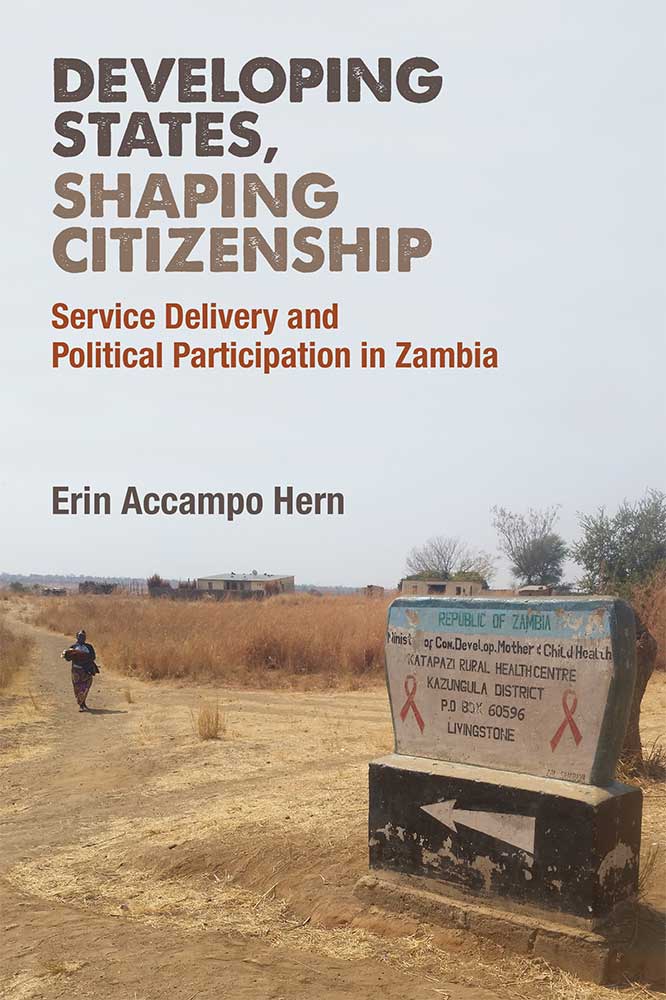|
2023, Lynne Rienner Press
What does it take for African countries to achieve political and economic successes? Social science scholarship on Africa tends to focus on challenge, mostly examining barriers to achieving desired outcomes like economic growth and good governance. While these challenges are real and important to consider, it is also essential to understand success. Scholars often treat African countries that perform well as outliers; they are “miracles” or “darlings” rather than countries that have made good choices in the face of adverse circumstances. This book seeks to normalize success in African countries by analyzing those that have performed particularly well in five essential categories: economy, governance, gender equality, public health, and climate resilience. Using a two-stage comparative case analysis, each of five substantive chapters highlights two countries that have performed particularly well in each area and evaluates which theories can best explain their success. It then turns to two shadow cases—countries that have not performed as well—to evaluate whether those theories remain plausible. Unabashedly optimistic and written to be accessible to a non-expert audience, the book features 18 African countries (9 primary cases and 9 shadow cases), alongside an introduction to the theory and methods of comparative politics. Buy here |
|
2019, University of Michigan Press
At the nexus of political science, development studies, and public policy, Developing States, Shaping Citizenship analyzes an overlooked driver of political behavior: citizens’ past experience with the government through service provision. Using evidence from Zambia, this book demonstrates that the quality of citizens’ interactions with the government through service provision sends them important signals about what they can hope to gain from political action. These interactions influence not only formal political behaviors like voting, but also collective behavior, political engagement, and subversive behaviors like tax evasion. Lack of capacity for service delivery not only undermines economic growth and human development, but also citizens’ confidence in the responsiveness of the political system. Absent this confidence, citizens are much less likely to participate in democratic processes, express their preferences, or comply with state revenue collection. Economic development and political development in low-capacity states, Hern argues, are concurrent processes. Buy here |


